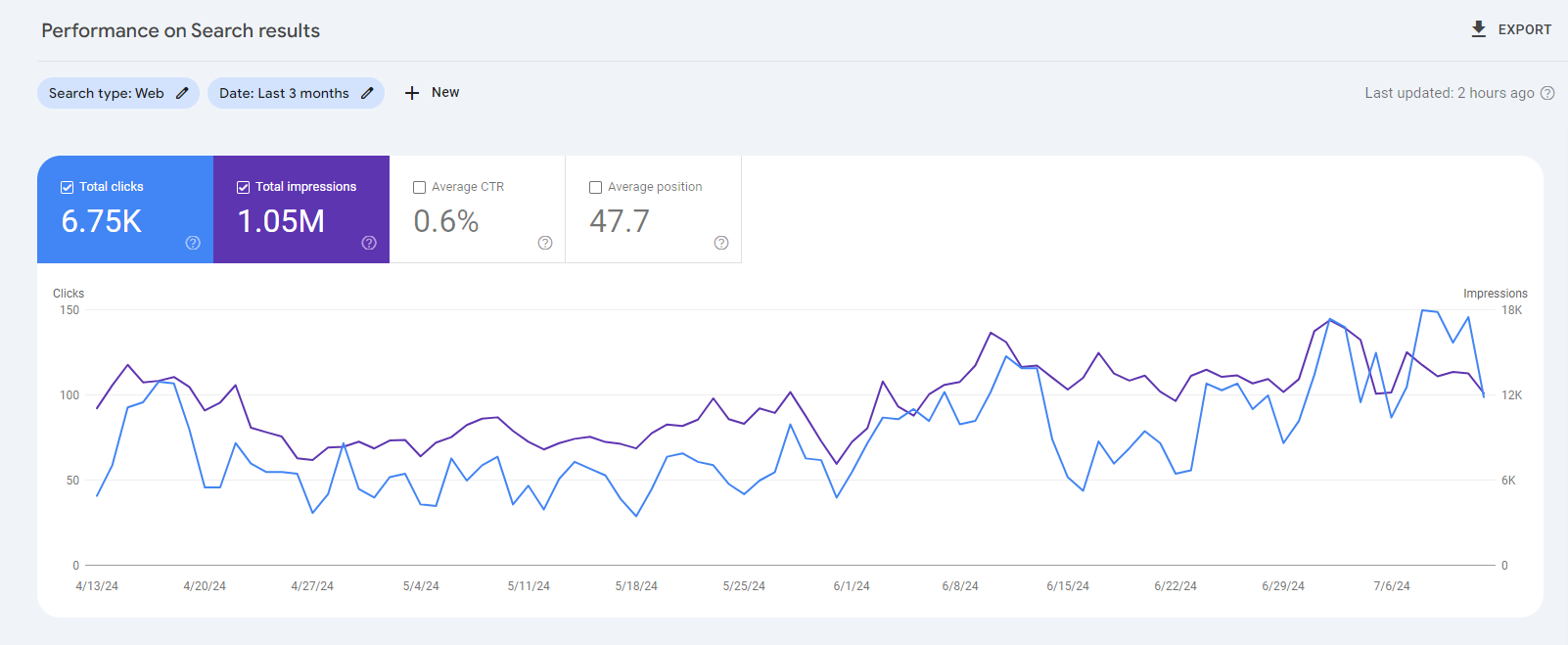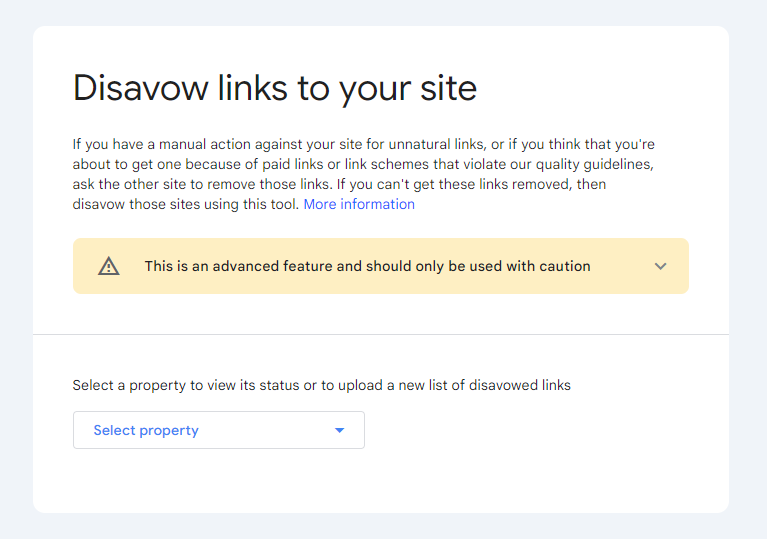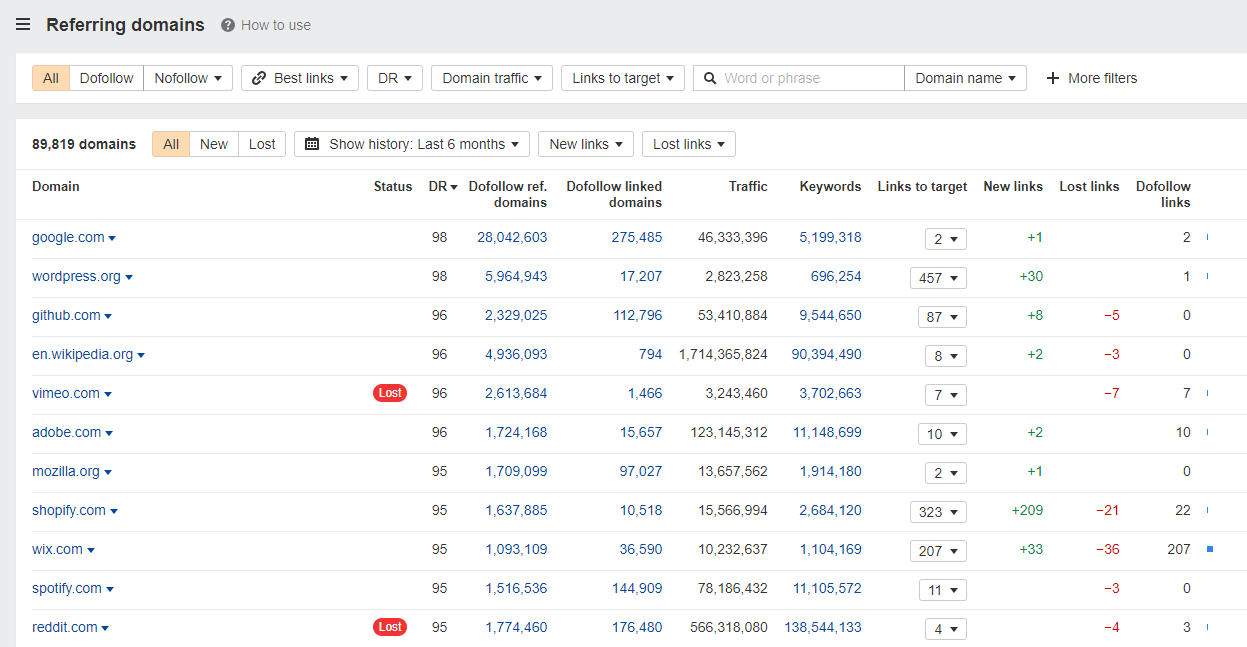The primary goal of search engine optimisation (SEO) is to boost website traffic, which can only be achieved through a comprehensive audit. An SEO audit is a bridge that brings you closer to your goal as it identifies specific issues on a site and provides actionable, data-backed items in line with your objectives.
Conducting regular SEO audits is crucial to staying updated with algorithm changes and maintaining or improving website performance on search engine results pages (SERPs).
But how does an SEO audit do exactly this, you ask? This article answers this question by giving you six reasons why running an audit to improve your site’s SEO is vital to its success.
Gives a Full View of Your Website Structure with an SEO Audit
Imagine trying to find your way through a maze without a map. That’s what managing a website can feel like without knowing its structure.
A search engine optimization audit gives you that map, showing how everything connects. It’s like getting an X-ray of your site.
A typical website audit should reveal to you factors that prevent Google from crawling and indexing your site. Below are some of these variables you should look into:
-
Link Depth: This is how many clicks it takes from the homepage to any other page. If something’s buried five clicks deep, it’s probably not getting much love from search engines or users. Tools like Screaming Frog SEO Spider can help you see this visually.
-
Orphaned Pages: These are pages to which no other part of your site links. They’re just floating in cyberspace with no way for visitors (or Google) to find them unless they have the exact URL. You’ll spot these easily with an audit report and fix them by adding internal links.
-
Broken Pages and Links: Nothing screams “unprofessional” louder than clicking on a link only to hit a dead end or a 404 error page. Broken pages and links frustrate users and make search engines think you don’t care about maintenance. Identifying and addressing broken links is crucial as they can hinder website performance and user experience, leading to lower engagement, higher bounce rates, and decreased conversions.

Screaming Frog and Website Auditor by SEO Powersuite will list these issues so you can patch them up quickly.
They can also give you a visual layout of your site’s structure, making it easier to identify problems at a glance. Plus, it’s kinda satisfying seeing all those connections laid out neatly.
Next, let’s talk about why fixing these issues boosts your site speed—because who likes waiting for slow websites?
Lets You Better Understand Your Content Performance
Ever wonder why some of your pages hit it out of the park while others barely make a splash? An SEO audit can illuminate this mystery.

By diving into Google Search Console, you can see which pages are performing well and which ones need a little nudge or a complete overhaul. Additionally, using Google Analytics alongside Google Search Console provides deeper insights into website traffic and content performance.
First off, you’ll identify your top performers. These are the pages that bring in the most traffic. Knowing what works helps you replicate that success across other content. Maybe it’s the search queries you’re using, the structure of your articles, or even how engaging your headlines are. Whatever it is, once you’ve cracked the code, you can apply those winning strategies elsewhere.
Conversely, an SEO audit highlights non-performing pages—those little corners of your site that nobody visits.
You have options for these underachievers: optimize them by tweaking content and relevant keywords or redirecting them to similar but more successful pages. This keeps users engaged and improves overall site performance.
Lost traffic is another issue an SEO audit tackles. If certain pages have seen better days in terms of visitors, re-optimizing them could bring back their former glory. Update old information, add fresh insights, and ensure they meet current SEO standards.
If you’re looking for expert advice on mastering these skills, check out Charles Floate Training for some top-notch courses that’ll take your SEO game to the next level.
Conducts Link Analysis to Identify Broken Links
Link analysis is crucial to any SEO audit, as it directly impacts your search engine rankings. Links can make or break your site, so it’s essential to know which ones are helping and which ones are hurting. High-quality links from reputable sites boost your rankings, while bad backlinks can drag you down.
When conducting a link audit, focus on identifying both high-quality links and bad backlinks.
High-quality links come from authoritative websites within your niche. These links signal to search engines that your content is valuable and trustworthy. For instance:
-
Relevant Websites: Sites related to your industry.
-
High Domain Rating (DR): Websites with strong DR scores, according to Ahrefs.
-
Organic Placement: Links are naturally embedded within the content, not forced or paid.
Bad backlinks, on the other hand, originate from spammy or irrelevant sites. These can harm your site’s reputation and ranking. Watch out for:
-
Spammy Sites: Links from low-quality or suspicious websites.
-
Irrelevant Content: Links that have no connection to your site’s topic.
-
Overly Optimized Anchor Texts: Exact match keywords used excessively in anchor texts.
Once you’ve analyzed your link profile, decide whether to build new links, disavow bad ones, or both.
Building high-quality links should be an ongoing effort. Engage in guest blogging on reputable sites, create shareable content like infographics and reach out for collaborations within your industry.

Disavowing harmful backlinks helps clean up your link profile. Use tools like Google’s Disavow Tool to inform search engines about the links you want to be ignored.
Monitoring and managing these aspects ensures that only beneficial links contribute to your SEO efforts. Use the gathered data here to develop your upcoming link building strategy that'll improve your site's search engine visibility and rankings on search results!
Analyses Your Competitors
Let’s talk about the fun part – spying on your competitors. You’re not just looking at your site when you run an SEO audit. You’re peeking over the fence to see how your top competitors are doing, too. This is where things get interesting.
Analyzing competitors' SEO strategies can help you develop a more effective SEO strategy for your own site.
First up, content gaps.
Think of these as opportunities hiding in plain sight. Your competitors might be ranking for keywords that you’re missing out on. Maybe they’re talking about “best coffee shops in New York” and getting all the traffic while you’ve got nothing on that topic. Time to create some killer content or tweak what you’ve already got to snag those visitors.
Next, we’ve got backlink gaps. Backlinks are like votes of confidence from other sites saying, “Hey, this content is awesome.” If your competitors have backlinks from high-quality sites and you don’t, it’s time to level up.
Find out where they’re getting these links and aim to get featured there, too.

Tools like Ahrefs can make this detective work a breeze by showing you exactly where those gaps are. It’s like having a treasure map for SEO gold.
So go ahead and dive into competitor analysis during your next SEO audit; it’s one of the smartest moves you can make to boost your rankings and stay ahead in the game.
Now that we’ve covered checking out what others are doing right (and wrong) let’s move on to another crucial aspect: improving user experience on your site.
Improves Loading Speed to Enhance Your Website's Performance
Ever been on a website that takes forever to load? It’s like watching paint dry, right? Well, website speed is crucial for both user experience and search engine rankings. Slow-loading sites are a big no-no for both users and search engines. A fast site keeps people around longer and can even bump up your rankings.
Several things can slow down your site. Here’s what you need to look out for:
-
Large Images: Big images take ages to load. Use compressed images without losing quality.
-
Unoptimized Code: Messy code means slower loading times. Clean up HTML, CSS, and JavaScript files.
-
Too Many Plugins: Too many plugins can bloat your site. Deactivate or delete unnecessary ones.
-
Server Response Time: Slow servers mean slow sites. Upgrade your hosting if needed.
-
Excessive Ads: Too many ads clutter the page and slow it down.
Thankfully, your audit report is like a treasure map showing where the speed bumps are, so you can easily spot these issues on your site.
Here’s how to do it:
-
Check Google Search Console for low Core Web Vitals scores
-
Look at diagnostics for each issue listed above
-
Fix them one by one using tools or professional help
If you’re serious about speeding things up, consider taking courses from Charles Floate Training—they offer some great insights into optimising website performance.
Help You Create an SEO Action Plan
Alright, so you’ve done your SEO audit. Now what? Well, it’s time to create a killer action plan. Think of it as your roadmap to SEO success. Without a plan, you’re just throwing darts in the dark.
But since you already have the data from your audit, from tackling technical issues to improving loading speed, compile and organise them according to importance. This lets you prioritise your SEO campaigns and increase your website's search engine rankings!
Over time, you must repeat the audit process to uncover new issues and opportunities due to the changes in algorithms and the strides your website has made.
Constantly looking for ways to improve your site and rank it higher on SERPs will be the driving force behind your site’s increased traffic and conversions. So, continue with the process and believe that everything will fall into place.
Ready to dive even deeper? Check out Charles Floate Training's comprehensive audit services for more advanced strategies that’ll take your SEO game to the next level!

